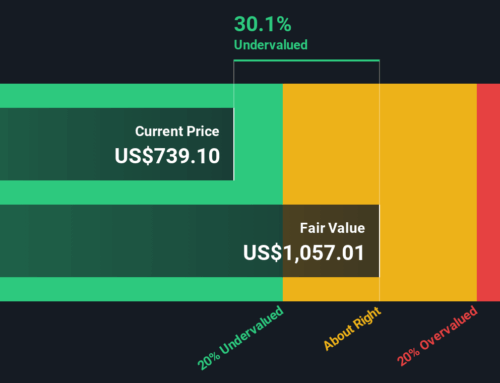Louisiana Hands Meta a Tax Break and Power for Its Biggest Data Center
September 22, 2025
Louisiana planning authorities have voted to rush through approval for three natural gas turbines to power Meta’s massive new data center in Richland Parish. When it’s done, the 4-million-square-foot facility will require more than 2 gigawatts of energy to run.
On August 20, Louisiana’s Public Service Commission voted four to one to approve the construction of the plants, which will be run by the utility company Entergy Louisiana. The decision was met with criticism from members of the public who testified against Entergy and Meta’s plan, claiming that the process was rushed. They voiced concerns about rising energy bills and water shortages.
Documents viewed by WIRED show that state authorities agreed to grant Meta tax breaks and incentives without the company explicitly guaranteeing any full-time jobs for local workers.
Opponents of the plan were angry about the sped-up approval timeline: Entergy submitted its application in 2024, and the vote originally could have taken place this October, to give the commission’s administrative law judge the chance to issue further recommendations. But Entergy filed a motion to move the vote to August, claiming that some of the parties that had previously opposed the project were now in agreement. The rescheduled vote left no time for changes.
Critics also claim the deal doesn’t include stipulations like a cap on how much Entergy could charge utility customers for the construction of the gas plants and transmission lines in Meta’s data center build-out—a concern as massive AI data centers can cause utility bills to spike. While Meta agreed to finance the first 15 years of a 30-year loan to construct the gas plants, the construction of the transmission line will be paid for by utility customers.
“We wanted the commissioners to attach conditions and reasonable safeguards, such as a cost cap, but they instead came to this extremely disappointing and baffling decision,” says Paul Arbaje, an energy analyst with the Union of Concerned Scientists, which opposed the Entergy application.
During the approval vote, Entergy and Louisiana’s economic development officials repeatedly pointed to the projections shared by Meta, which suggest that the project would bring a $10 billion investment and upwards of 300 to 500 well-paying jobs. In its original 2024 application for the plants, Entergy referenced Richland Parish’s low income levels—one in four residents lives below the poverty line—as a reason to authorize the plan.
“There has never been a better time to lift our residents out of poverty. There has never been a better time to give people in our region better jobs,” said Rob Cleveland, the CEO of Grow NELA, an economic development firm representing northwest Louisiana who testified in support of Entergy’s gas plants, at the hearing.
Louisiana politicians sought to rewrite zoning laws and shifted a tax rebate for broadband into a tax exemption for data centers, all to win Meta’s support in late 2024, according to January reporting from Nola.com. But the public had little time to scrutinize Louisiana’s economic development promises. They also heard little from Meta, which was not legally required to take part in the hearings on Entergy’s new gas plants, despite the fact that the gas plants and a new $550 million transmission line connecting energy to the data center and upgrades to a local substation (also approved on August 20) are being built entirely for the company—the latter entirely paid for by Louisiana taxpayers. Repeated attempts to force Meta to produce documents that critics claim they have not received were unsuccessful, including a July subpoena attempt.
One of Meta’s tax incentive agreements with the state, which was signed last fall and viewed by WIRED, does not stipulate that Meta subsidiary Laidley, which is running the data center project, will focus on local hiring, although it does require that all jobs be fulfilled on site. (Separately, Entergy said Meta submitted a letter to the Louisiana Public Service Commission in April saying that it will make “a concerted effort” to hire locally, but this assurance is not binding.)
Search
RECENT PRESS RELEASES
Related Post



